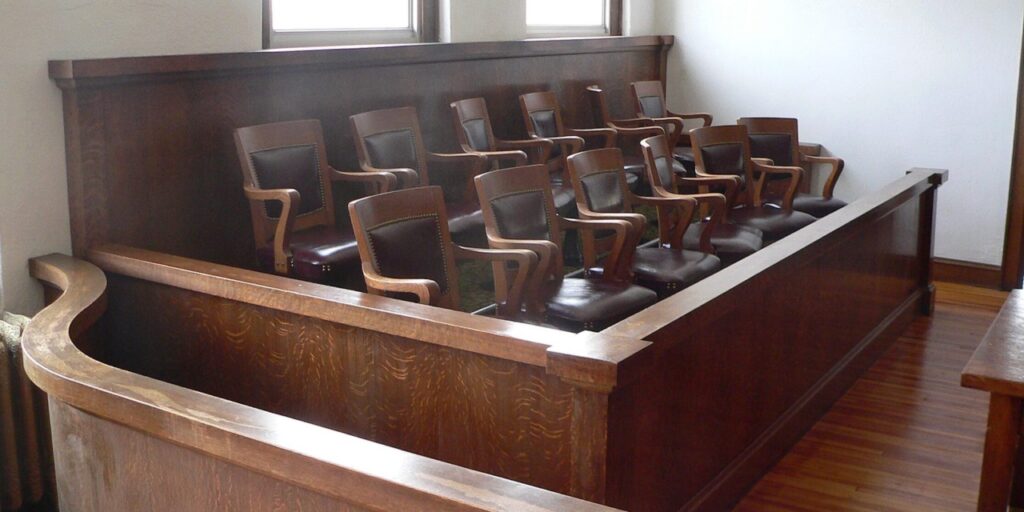- The difference between a divorce and an annulment - April 15, 2024
- Hidden costs to be aware of when buying a house - April 3, 2024
- The rules about legally transporting a firearm in Canada - April 1, 2024
By LegalMatters Staff • The presumption of innocence is one of the core principles of the Canadian criminal justice system.
This principle means an accused person does not have to prove their innocence. Instead, the Crown prosecutor must establish that a crime was committed. If the Crown fails to show proof beyond a reasonable doubt, the person must be found not guilty.
When preparing for a criminal trial, Ottawa criminal lawyer Céline Dostaler says she tells her clients that they may not have to testify if the Crown’s case is weak.
“Giving testimony in court is always difficult,” she says. “Few of us can remember every detail of events that happened a year or more ago. Those accused of a crime are already nervous and they may not respond in the best way, especially on cross-examination by the Crown attorney.”
Dostaler says testifying on your own behalf comes with risk, explaining that if someone’s credibility is called into question, they could be found guilty, which can lead to a criminal record, jail time or both.
“Conversely, Crown witnesses risk no repercussions for testifying,” she says. “They might not be believed but they will not be going to jail, though they may be charged with perjury.”
Dostaler says she has successfully defended many clients who did not take the stand, giving the example of a man charged with sexual assault.
“A sexual assault kit proved the alleged victim had my client’s DNA on her,” she says. “When the case went to trial I did not call him to testify. He, therefore, did not have to explain why his DNA was found on the complainant, so that contradiction was never entered as evidence.”
Instead, her defence focused on the credibility of the complainant, Dostaler says.
“Her description of what happened had changed from when she initially spoke to police and the differences were significant,” she explains. “The judge determined that she was not a reliable witness as I was able to show there was reasonable doubt. My client was acquitted.”

